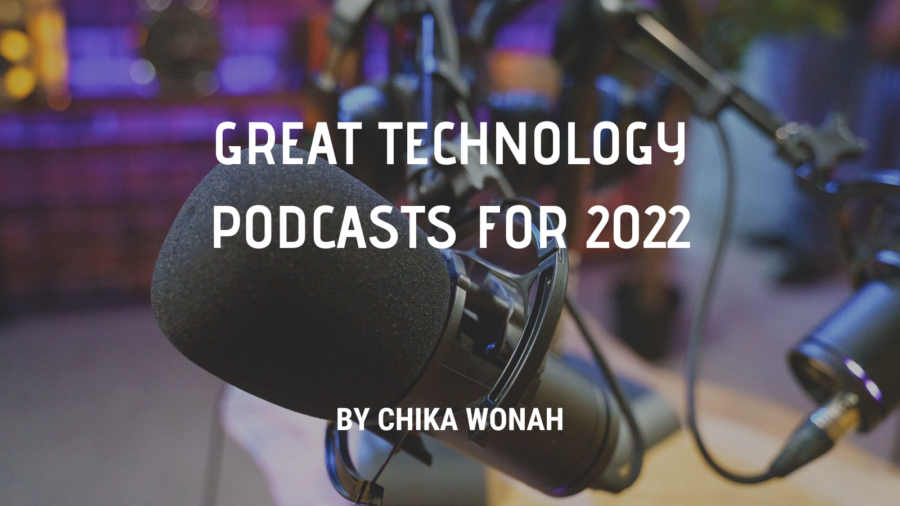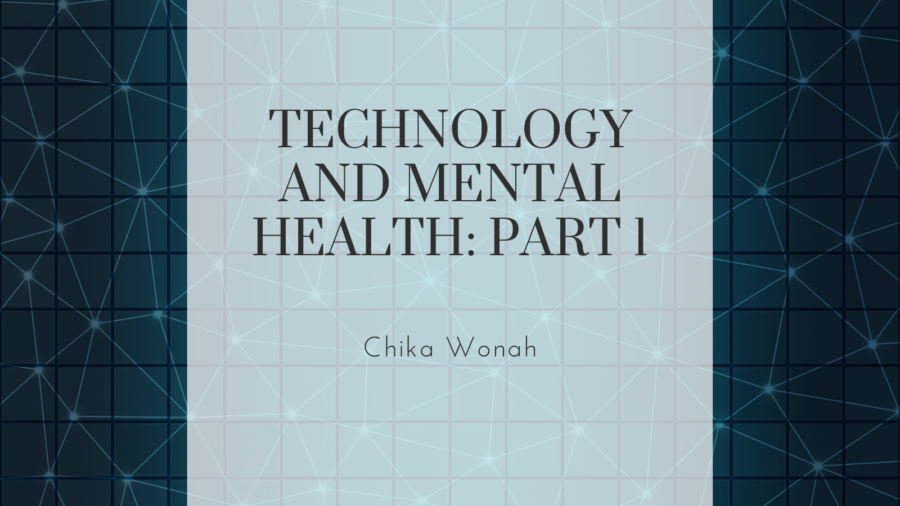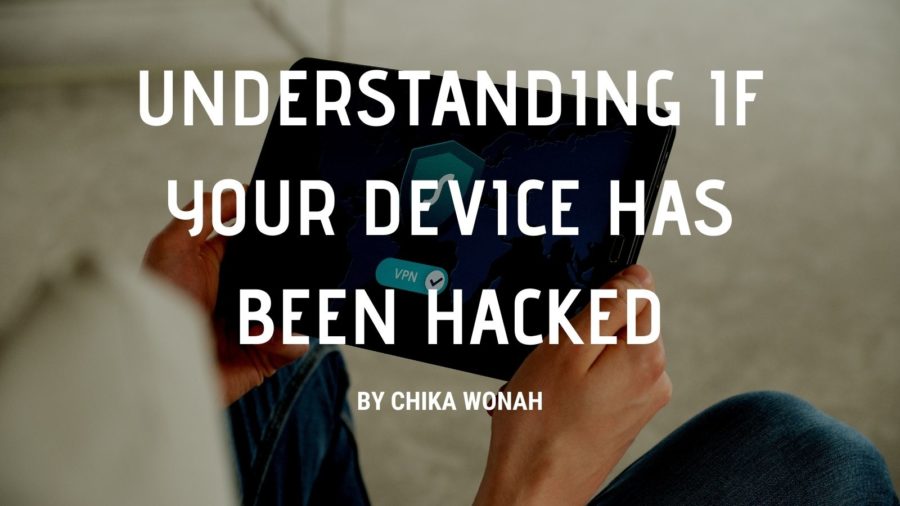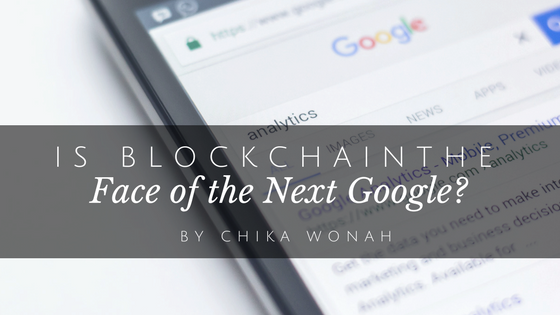Self-driving cars, also autonomous vehicles, are no longer just a concept of the future. Technological advances make these cars more prevalent on our roads and highways. But what exactly are self-driving cars, and how do they work?
Here’s a breakdown of what you need to know about autonomous cars.
What are Self-Driving Cars?
Self-driving cars use sensors, cameras, and other advanced technology to navigate roads and make decisions without human intervention. The vehicles use a combination of cameras, radar, lidar, and GPS to “see” their surroundings, identify obstacles, and decide how to proceed. Self-driving cars can be fully autonomous, meaning they require no human input. Alternatively, they can be semi-autonomous, meaning they still require a human driver to monitor and control if necessary.
How Do Self-Driving Cars Work?
Self-driving cars use advanced software and hardware to navigate roads and make decisions. The software is responsible for processing data from the car’s sensors, including cameras, radar, and lidar, and deciding how to proceed. The hardware includes the sensors, the car’s computer, and other components.
Self-driving cars use “sensor fusion” to gather information from their various sensors and create a comprehensive picture of their surroundings. The cars can identify and track other vehicles, pedestrians, and obstacles in real-time and decide how to proceed based on that information.
There are different levels of autonomy for self-driving cars. Level 0 means no automation, where the driver is responsible for all tasks. Level 1 is considered “driver assistance,” where the car can assist with either steering or acceleration/deceleration. Level 2 is “partial automation,” where the vehicle can control both steering and acceleration/deceleration but still requires human input. Level 3 is “conditional automation,” where the car can make decisions and control itself in some situations but still requires a human driver to take over in certain circumstances. Level 4 is “high automation,” where the car can drive itself in most situations but still has a manual override option for the human driver. And finally, Level 5 is “full automation,” where the car is completely autonomous and requires no human input.
Self-driving cars are becoming more prevalent on our roads and highways, and they rely on a combination of advanced software and hardware to navigate roads and make decisions. These cars use sensors, cameras, and other technology to “see” their surroundings, identify obstacles, and decide how to proceed. Self-driving vehicles have the potential to make our roads safer and reduce congestion. However, many questions and challenges still need to be addressed before they become widely adopted.








